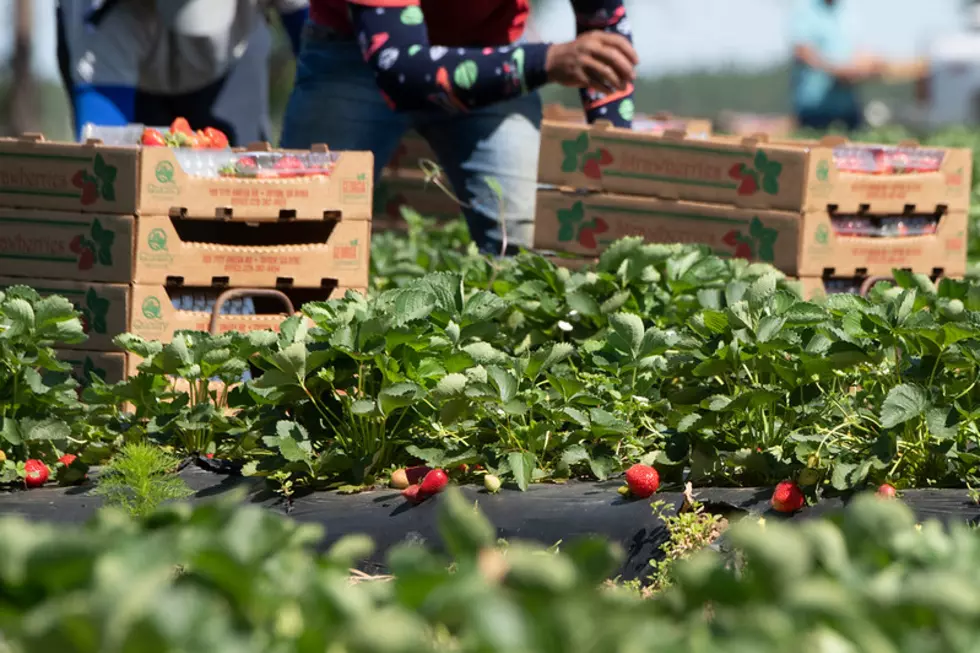
WAFLA, Stanford To Look At Outcomes For H-2A Workers
Last week, WAFLA announced it is working with Stanford University to research the economic and social outcomes for farmworkers who migrate from Mexico. In this pilot project, Stanford researchers will speak with and compare the experiences of farmworkers who remain in Mexico and those who participate in the H-2A program via WAFLA. Scott Dilley with WAFLA said this study is unique and one of a kind.
“Everyone’s curious, we want to find out more and then take it from there. And I think the data will be very helpful in having further conversations about the program, and really how do we use the program to address the labor shortages that we’ve seen not only here in Washington but in Oregon, and even country wide now.”
Farmworkers will be interviewed before recruitment, during the season in the United States and then again once they’ve returned home to Mexico.
“The scientific evaluation of the H-2A program we are working on with WAFLA will generate some of the first evidence about the impact of seasonal migration on Mexican workers and their families,” said Melanie Morten, associate professor of economics at Stanford University. “During the pilot project, we will be testing ways to collect data about the economic impacts of seasonal migration for the workers while they are in the United States, as well as how to collect data from their families in Mexico. This research has the potential to provide empirical data to help inform policymakers and employers.”
Dilley said one of WAFLA’s biggest hopes is that this research will point out how H-2A can be improved for both employers and employees?
“We believe the H-2A program is an excellent program for addressing the chronic labor shortage that we have in agriculture. As you know, H-2A workers are paid well, their transportation costs are covered by the employer, housing costs are covered by the employer, and we want to look at the data and see if there are ways to make the H-2A program even better.”
Dilley noted WAFLA is very excited to work with Stanford. The pilot phase of the study will conclude this month and will be followed by an evaluation funded by the National Science Foundation, during the following two years, starting in the fall.
“The National Science Foundation funded evaluation will focus on the poverty alleviation potential of the H-2A program,” said Beatriz Magaloni, Graham Stuart Professor on International Relations at the department of political science at Stanford University. “We will also study working conditions and how the H-2A program impacts workers’ mental and physical health as well as intra-family dynamics. Our study will also shed light on an important question regarding U.S. immigration policy, namely the extent to which the H-2A program might discourage unauthorized migration.”
If you have a story idea for the PNW Ag Network, call (509) 547-9791, or e-mail glenn.vaagen@townsquaremedia.com
More From 610 KONA









